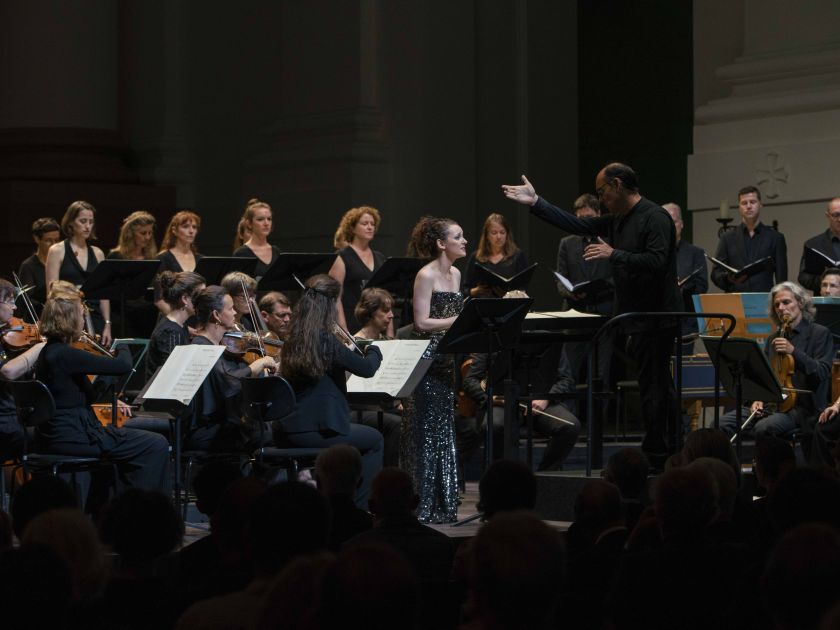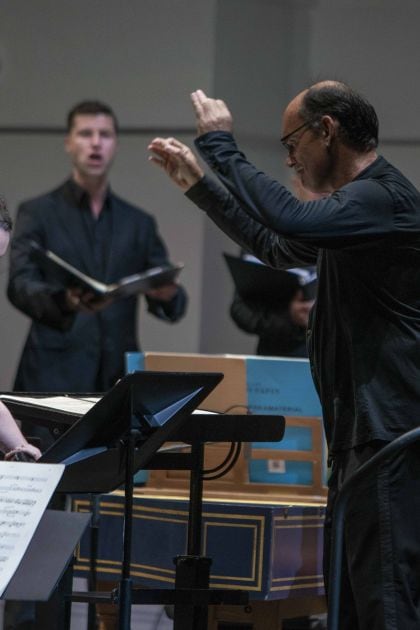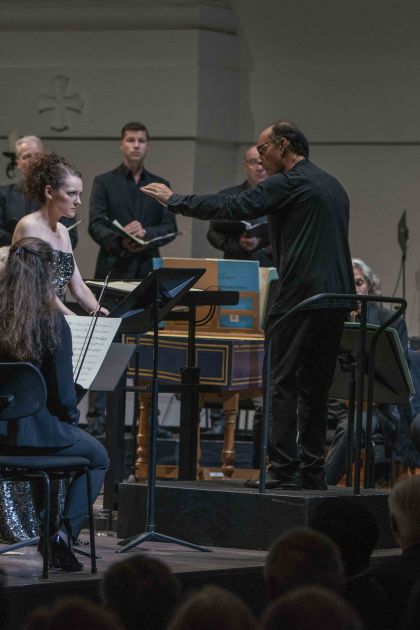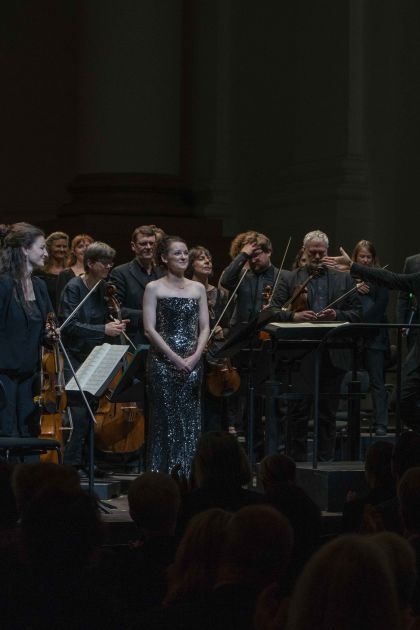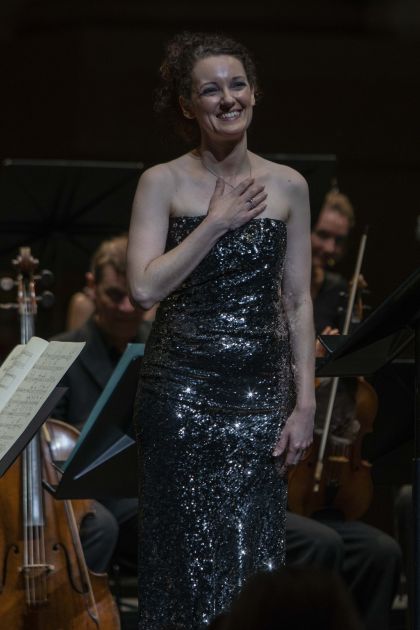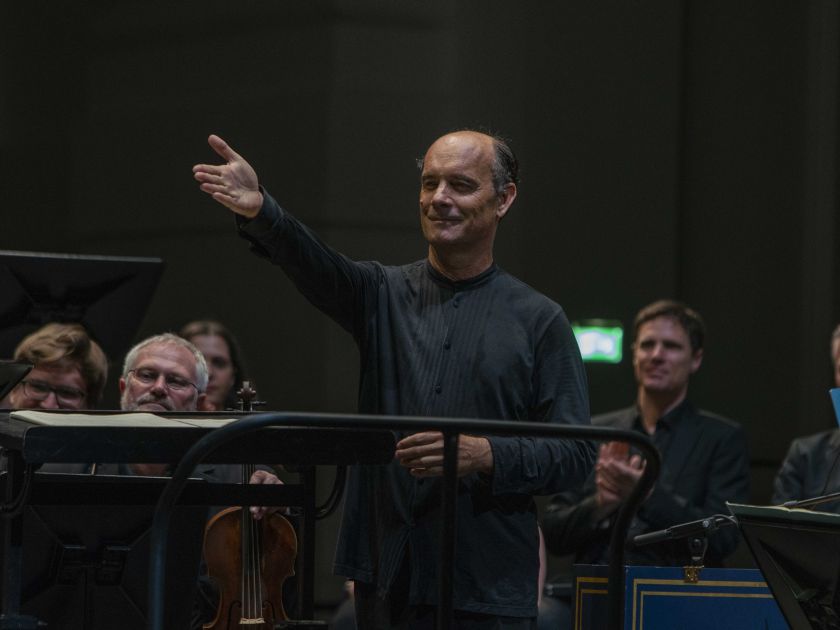
Ouverture spirituelle · Lacrimae
Lachrimae, lagrime, tears: their drops burn the cheeks of the penitent Peter when he is remorseful for having denied Jesus three times. Shortly before his death, Orlando di Lasso created a crowning work of sacred vocal polyphony: the Lagrime di San Pietro. This series of 20 madrigals for seven voices, which the composer wrote ‘for my personal devotion in my burdensome old age’, will be performed in a staged version in the Kollegienkirche. In the light of the crucifixion, Peter’s anguish, which was also expressed in music by composers such as Palestrina, Victoria and Gesualdo, reverberates in the loudly voiced misery of every poor sinner: be it in Bach’s cantata Weinen, Klagen, Sorgen, Zagen and Franz Liszt’s allusions to this work, in Tenebrae, in Wolfgang Rihm’s motets based on texts of the Passion, in Sofia Gubaidulina’s textless Seven Words, as well as in settings of the Miserere, the Mass and the Requiem — by Jan Dismas Zelenka, Anton Bruckner and Arvo Pärt.
Tears of innocent grief, on the other hand, well from Mary’s eyes: the Stabat Mater, as set to music by Marc-Antoine Charpentier and Domenico Scarlatti, portrays how grief-stricken she is to witness the crucifixion of her son. ‘Semper Dowland, semper dolens’ — always Dowland, always doleful: the act of mourning during the Elizabethan era, elevated through dignified composure and sublimated into melancholy, was embodied in the music and personality of Dowland, whose Lachrimae still touch the hearts of listeners today.
The tears of a much less distant past are evoked by Dmitri Shostakovich’s monumental Seventh Symphony, titled ‘Leningrad’ and begun in the city that suffered a prolonged siege during World War II, as well as by Luigi Nono’s Il canto sospeso — a ‘suspended song’ (in the sense of both ‘floating’ and ‘interrupted’) based on the farewell letters of antifascist resistance fighters sentenced to execution.
Finally, the enduring relevance of myth is demonstrated in Pascal Dusapin’s Medeamaterial: adapted from Heiner Müller’s work of the same name, this opera focusses on the foreign outcast Medea, who turns to murder after her tears run dry.

